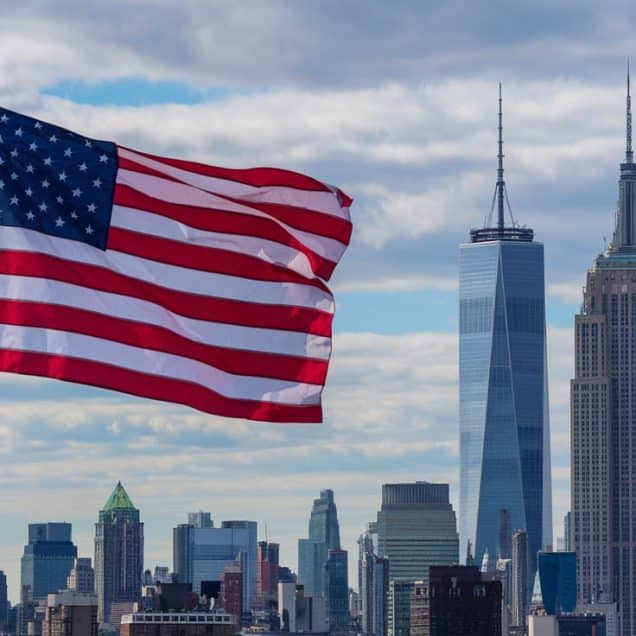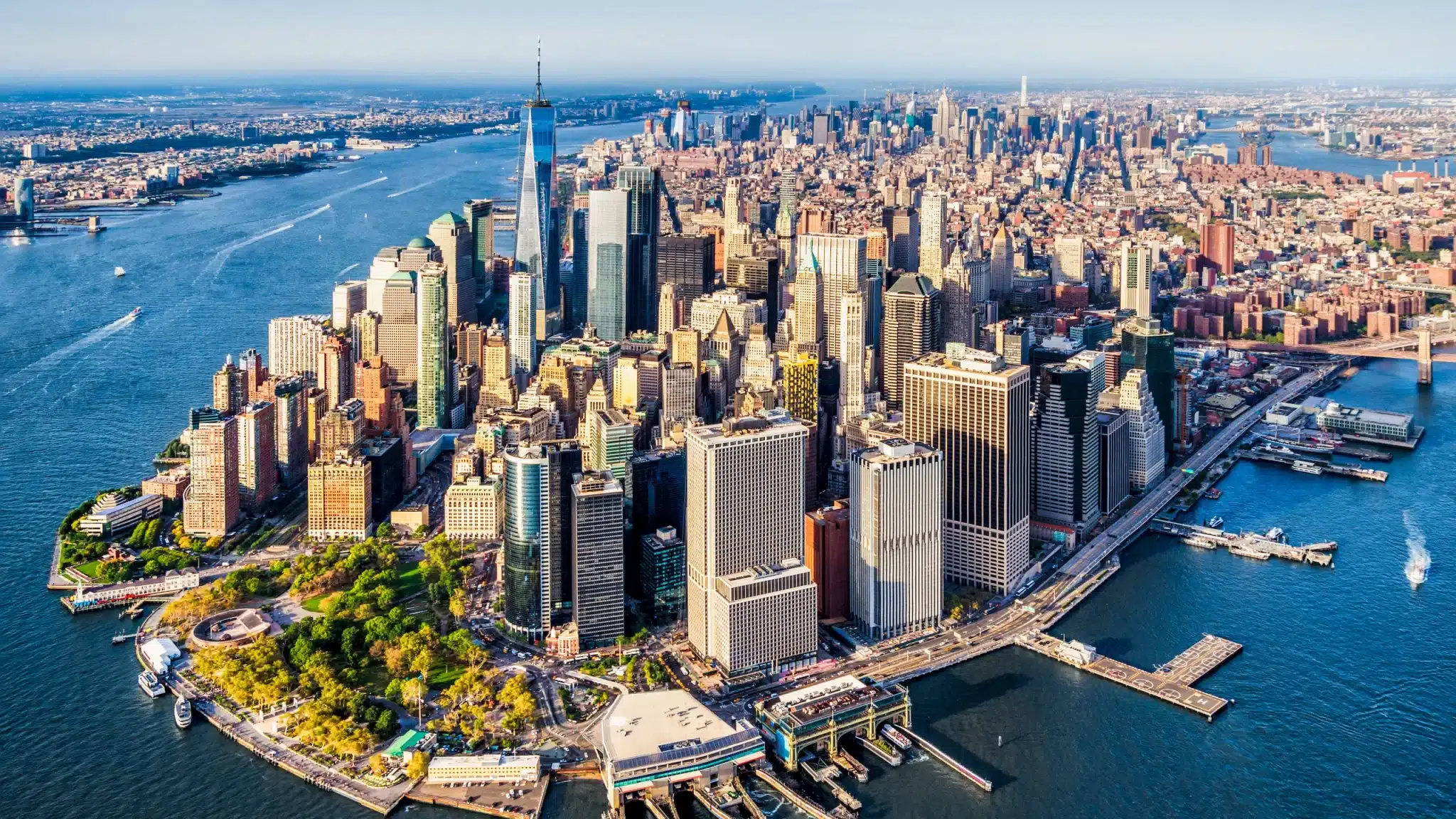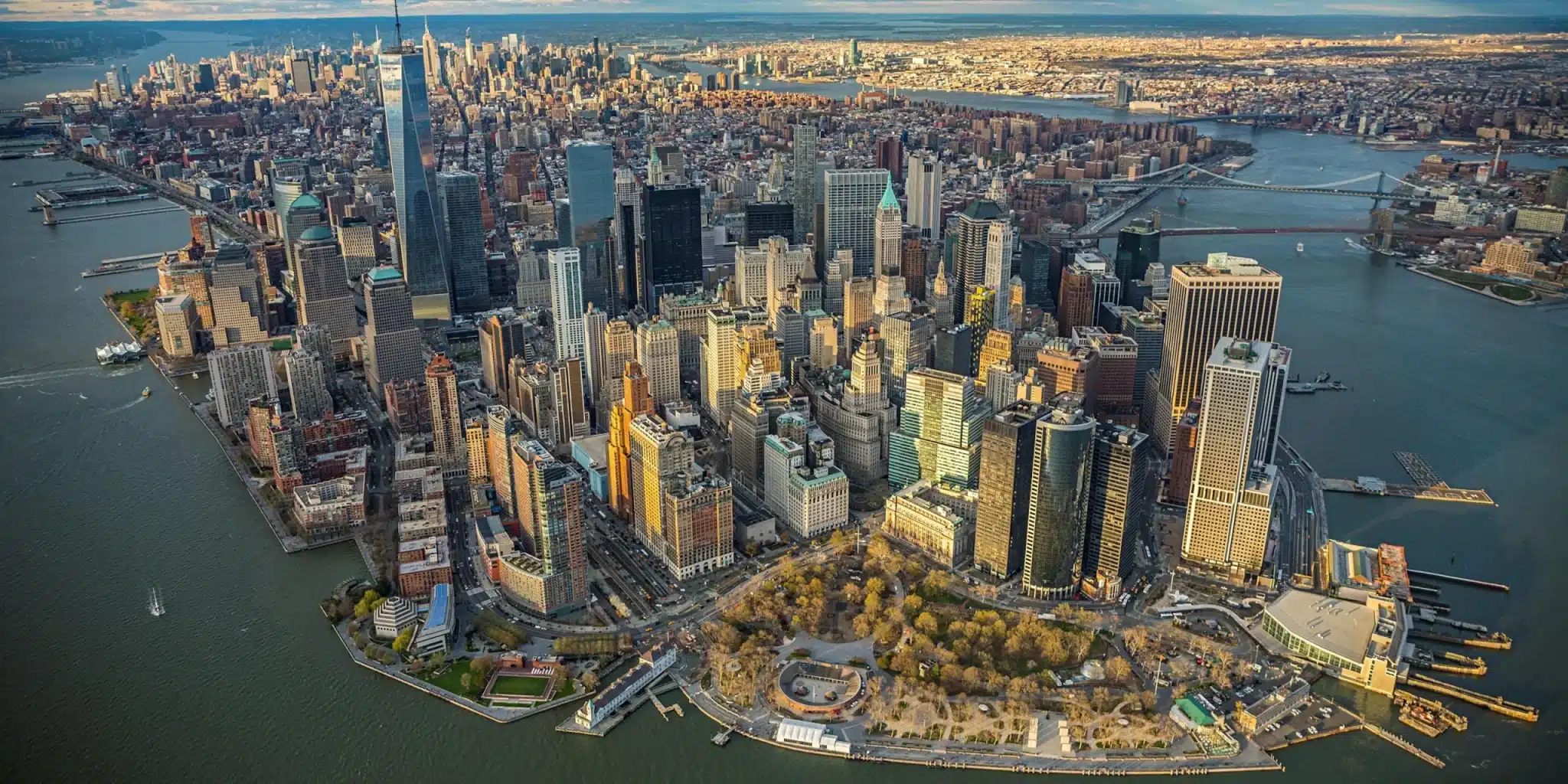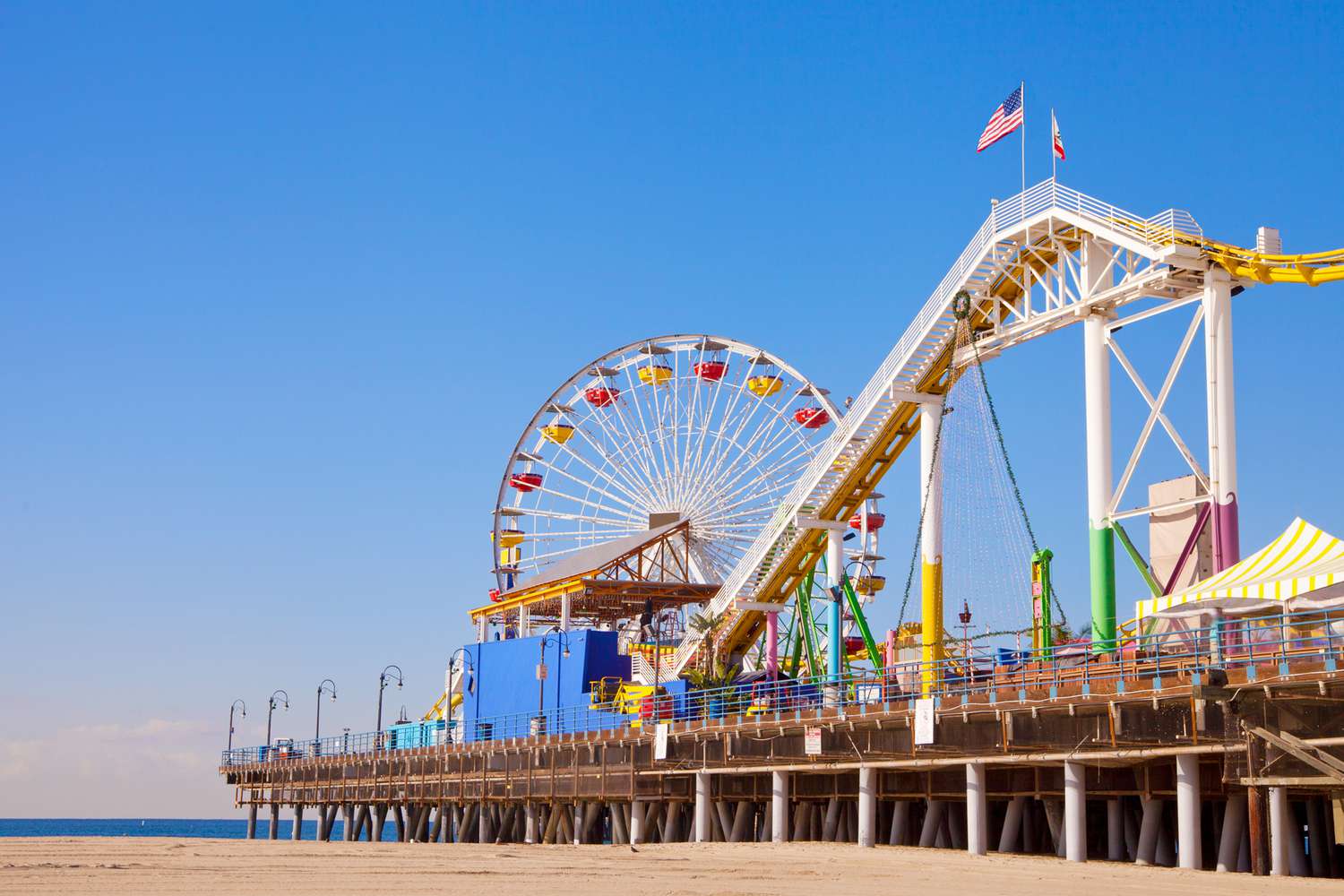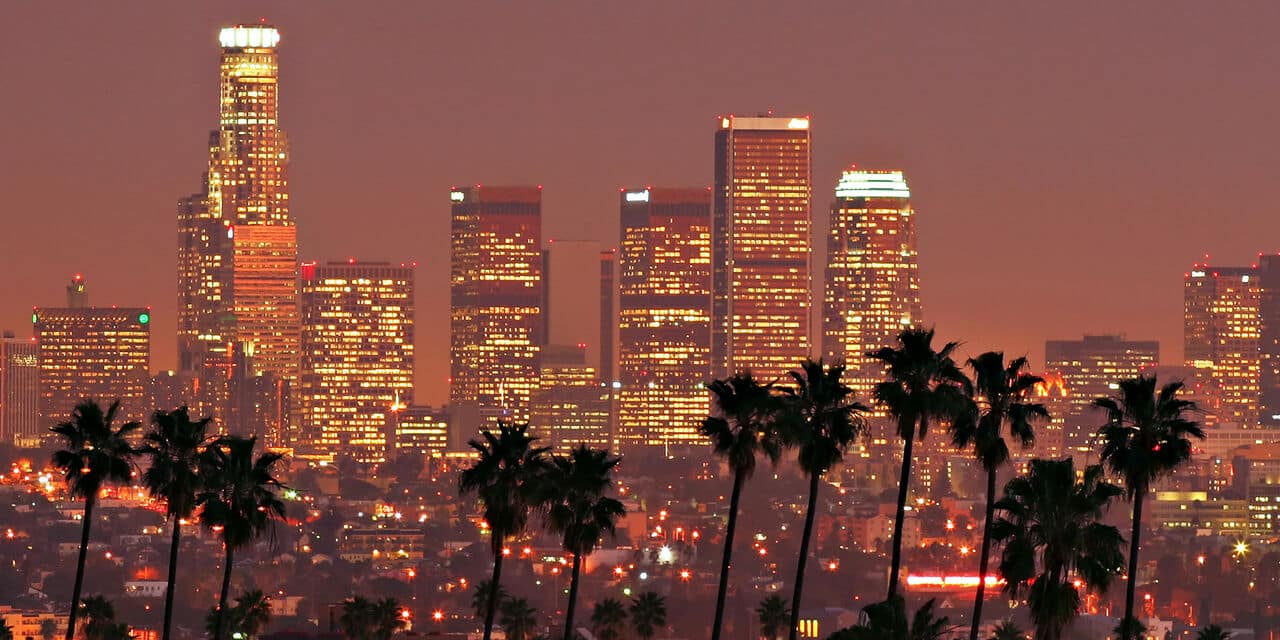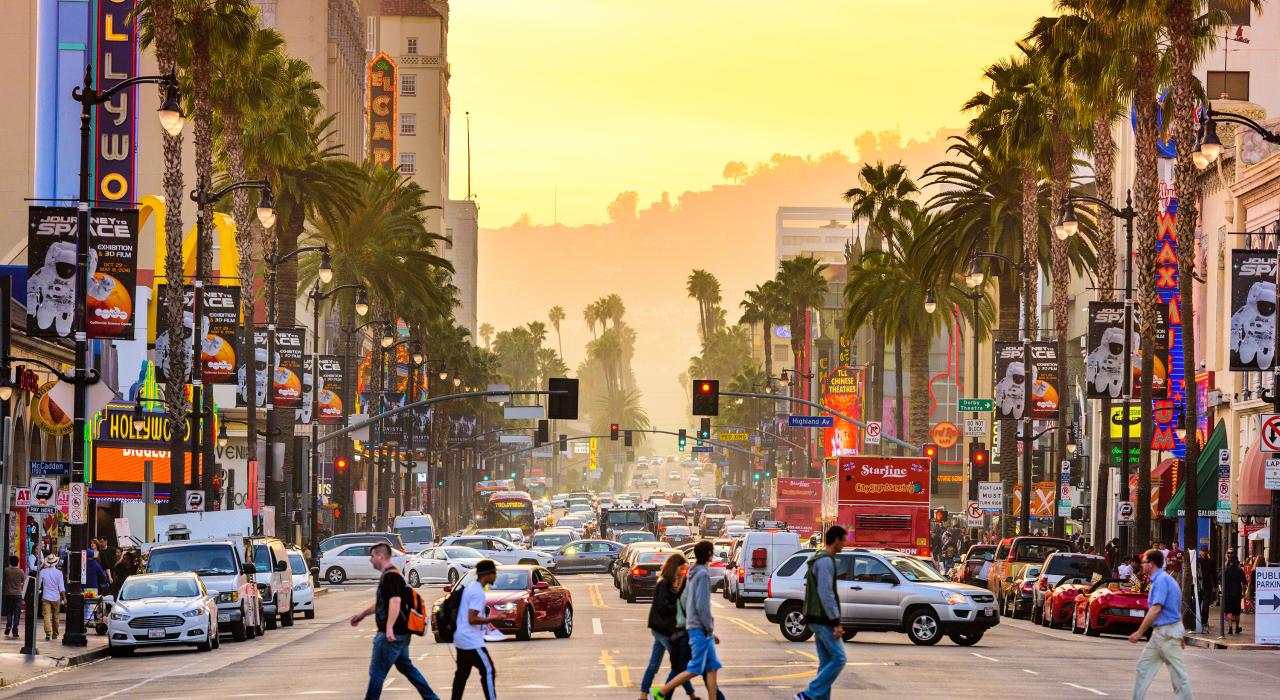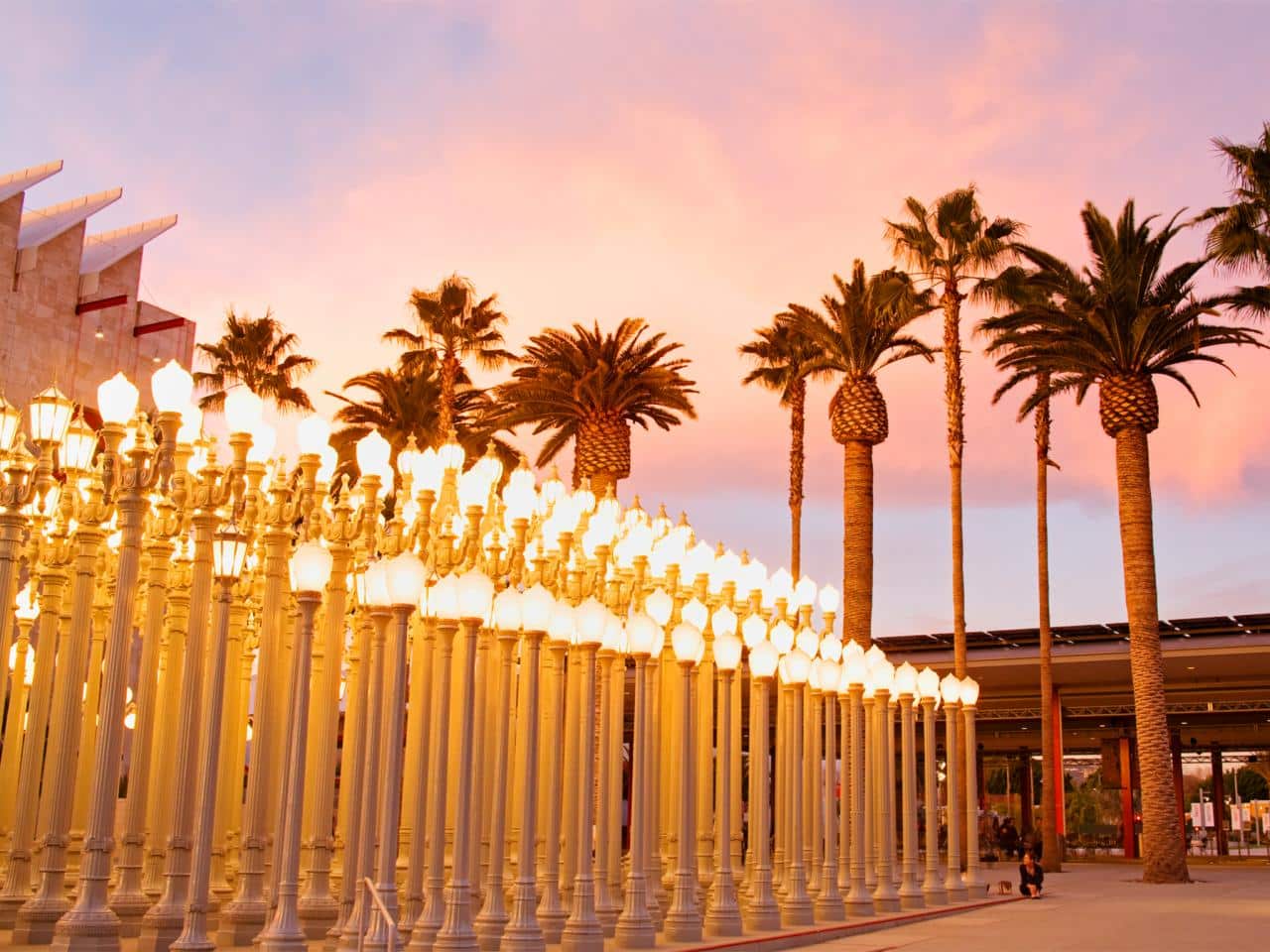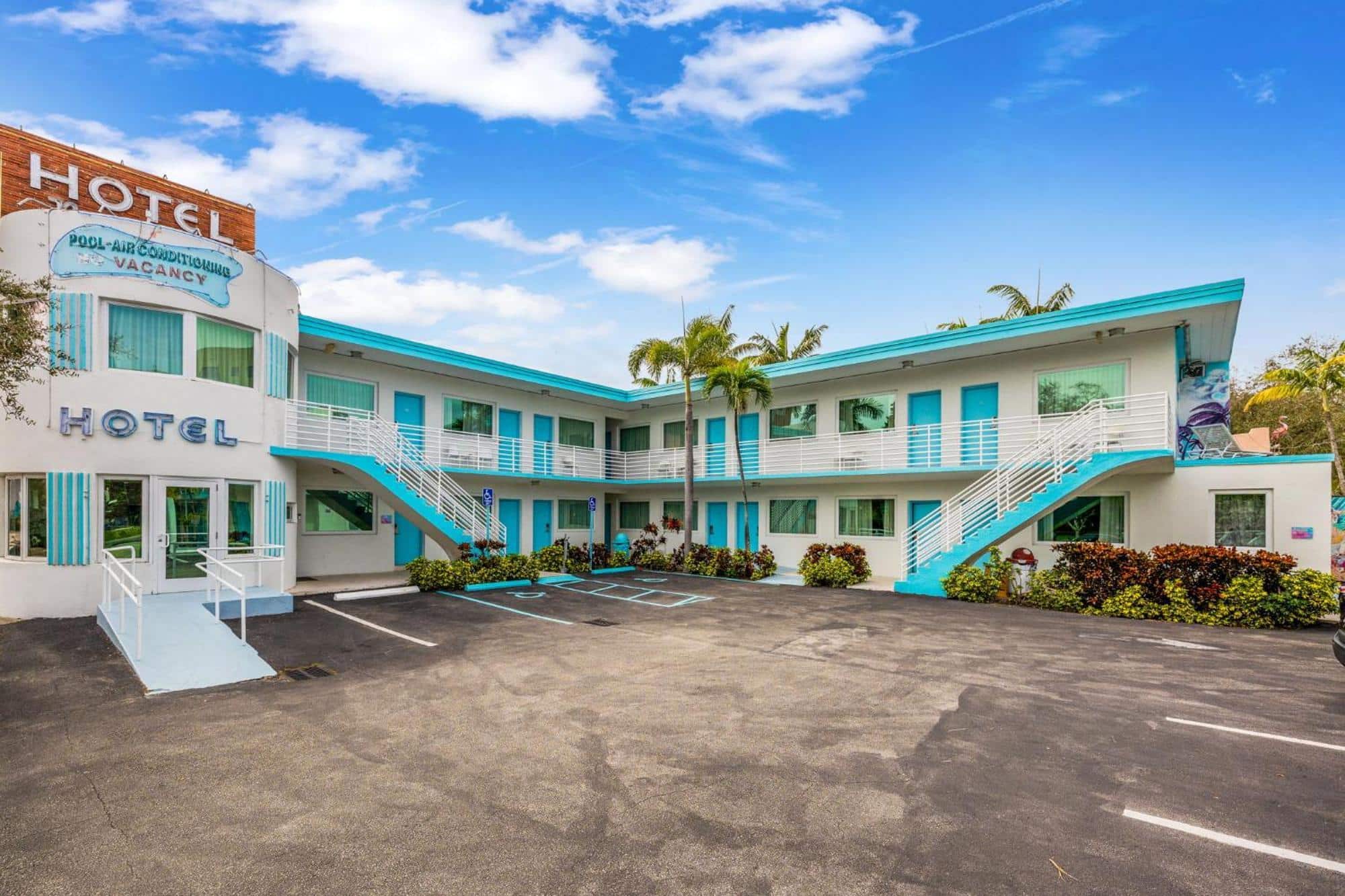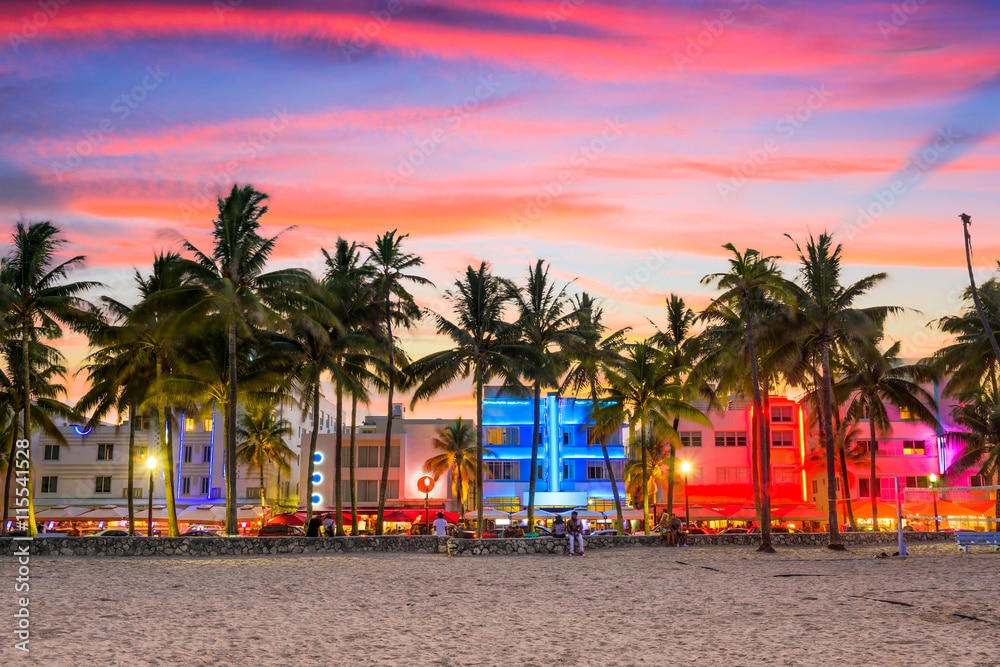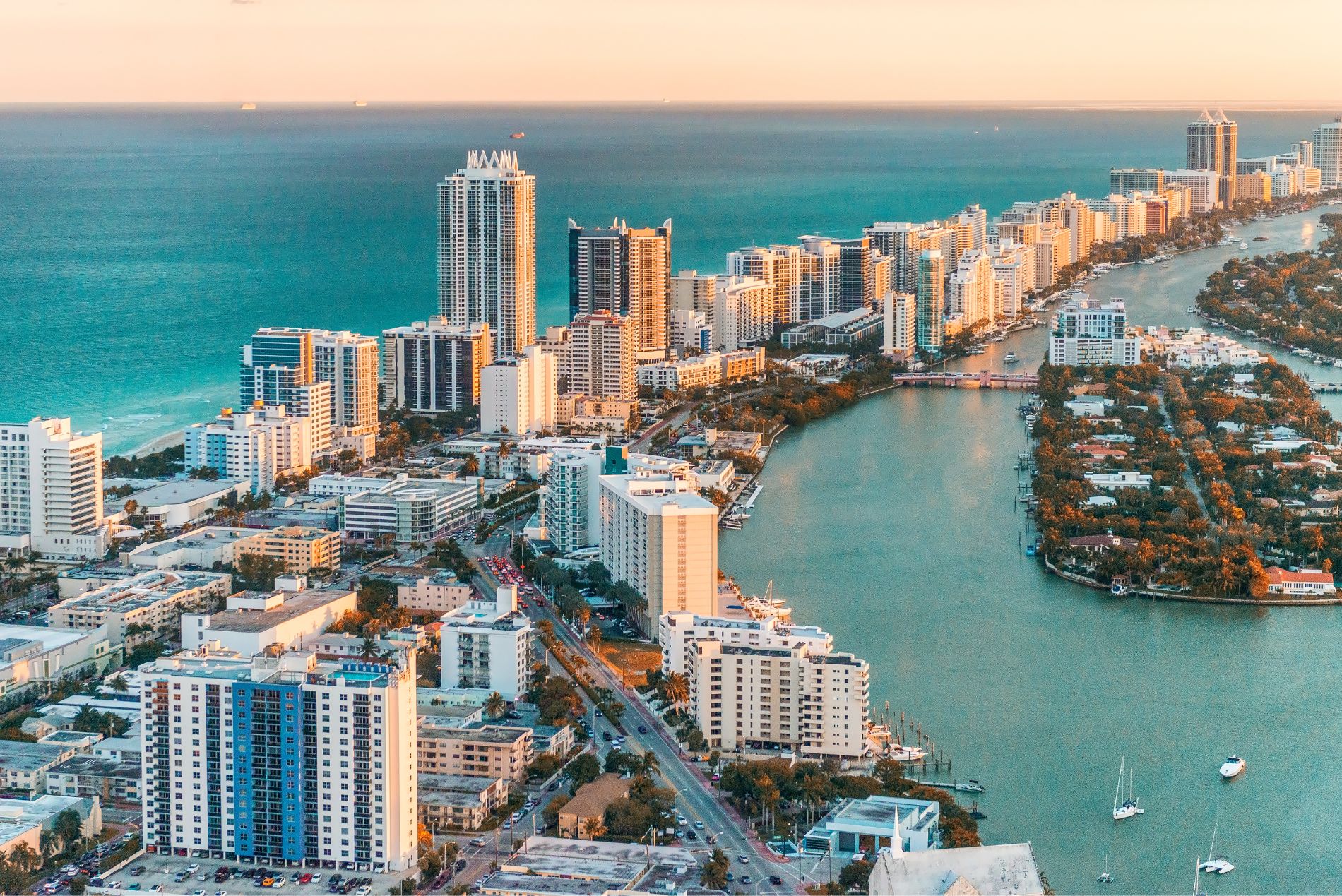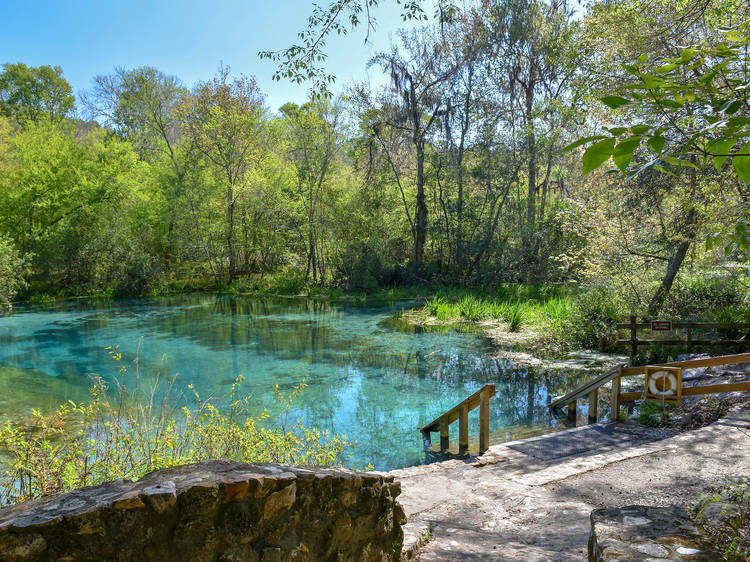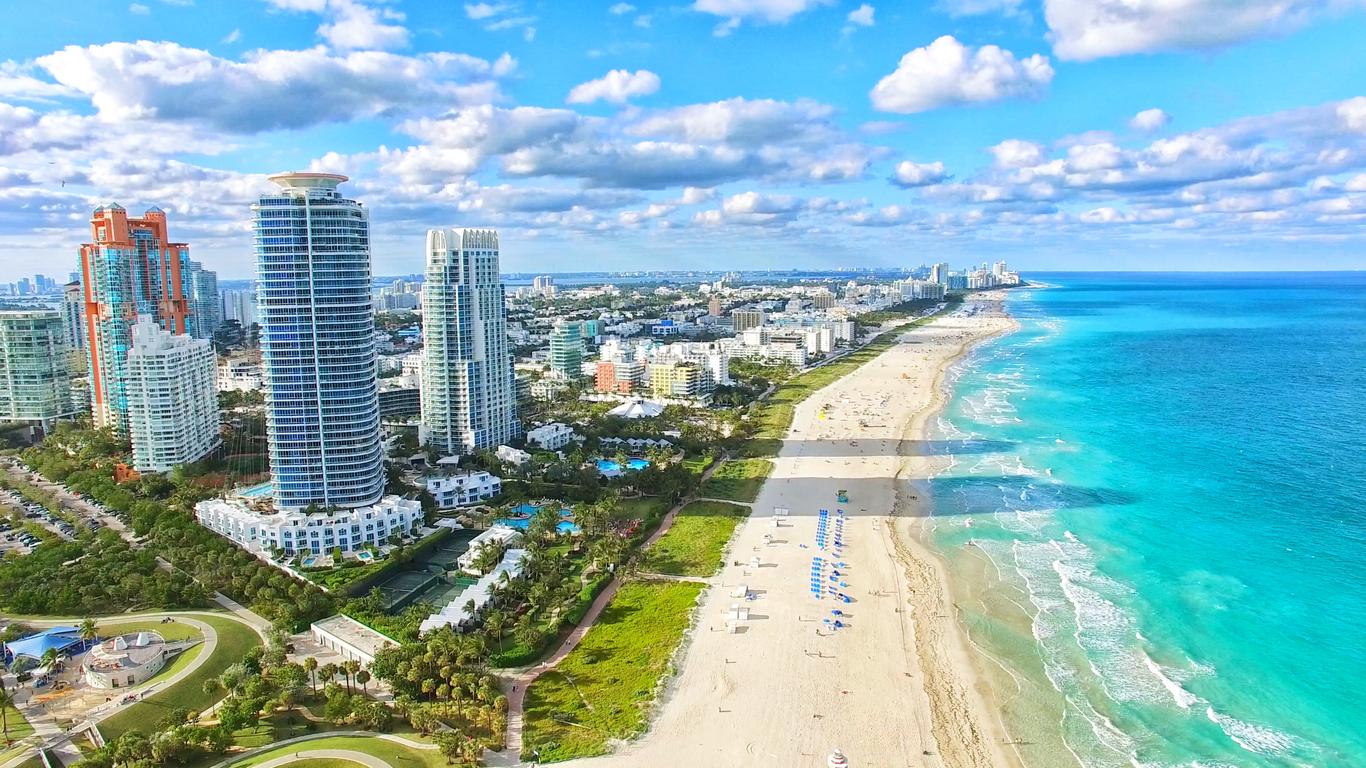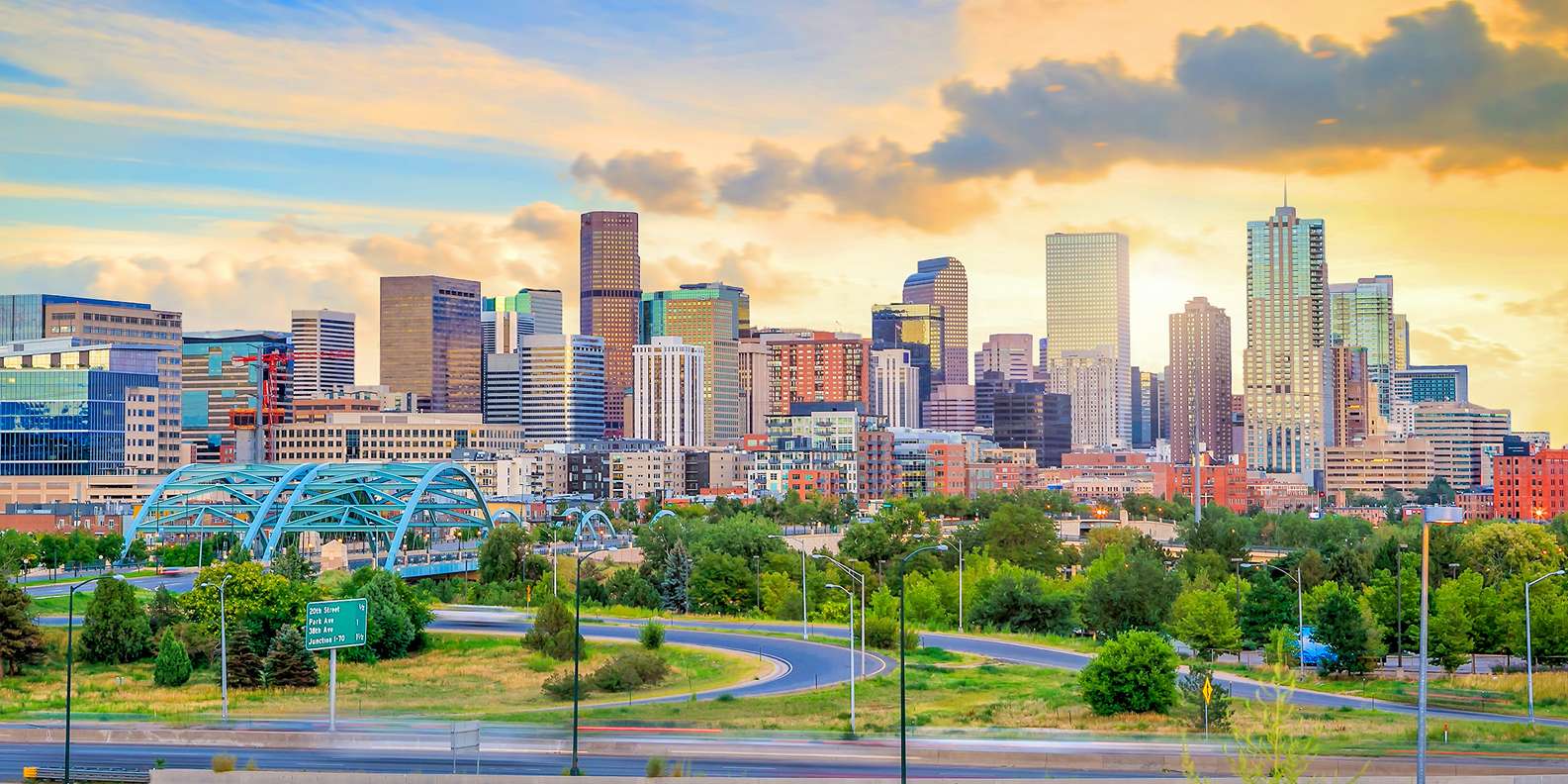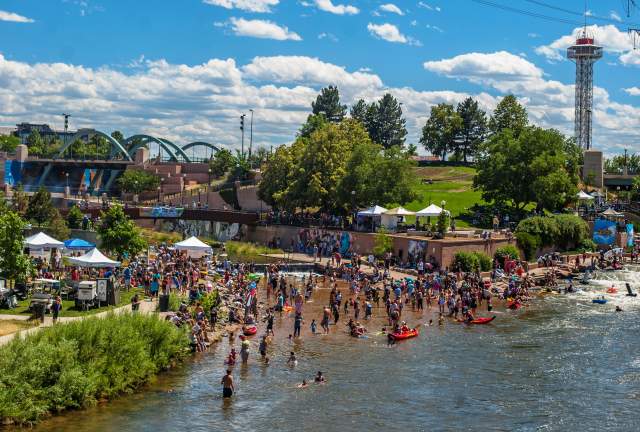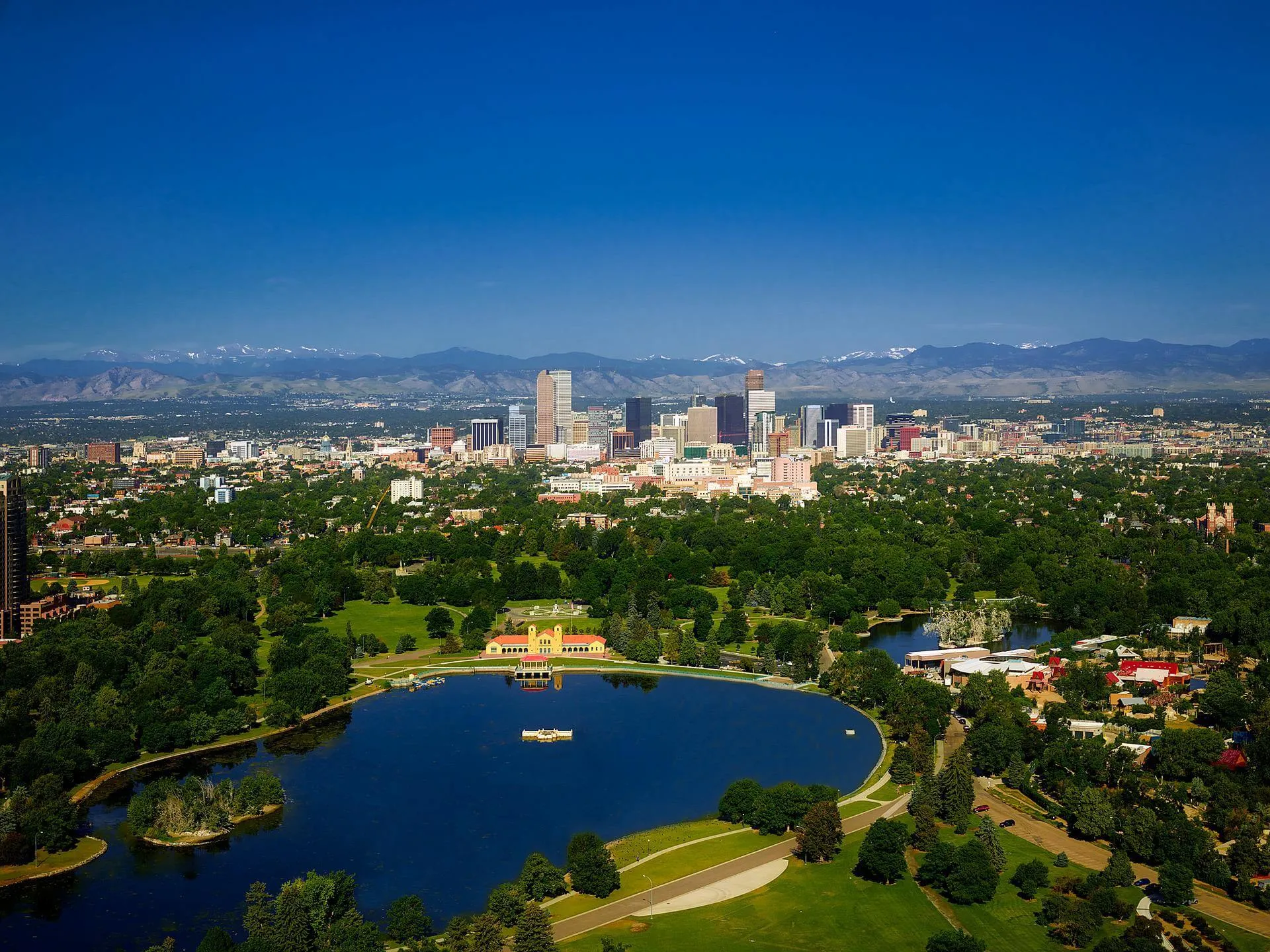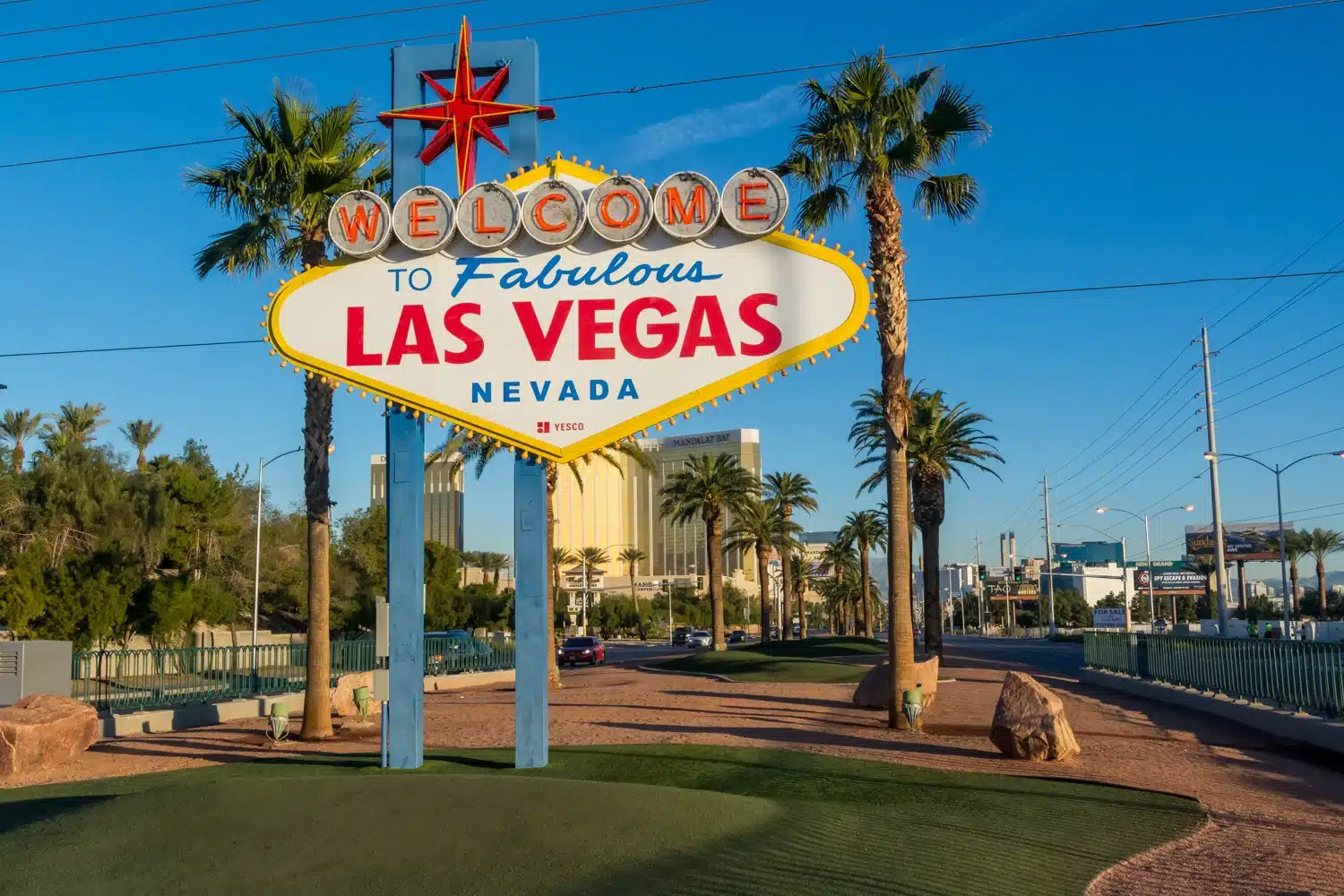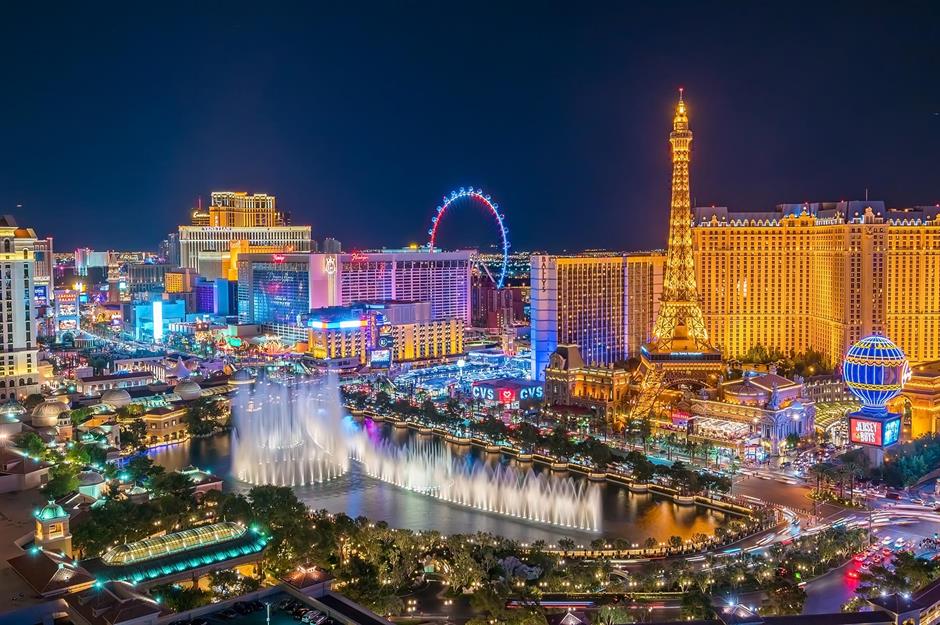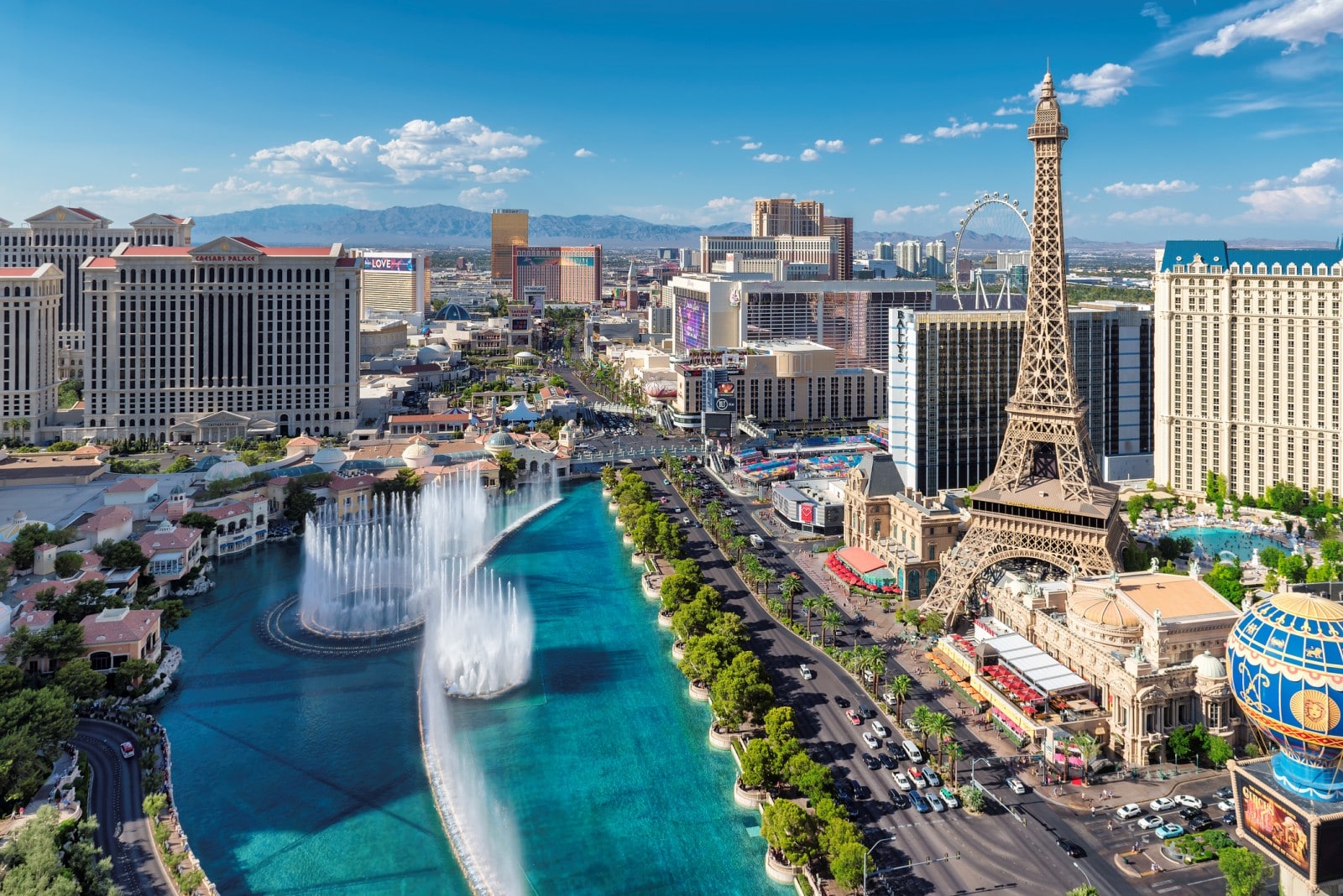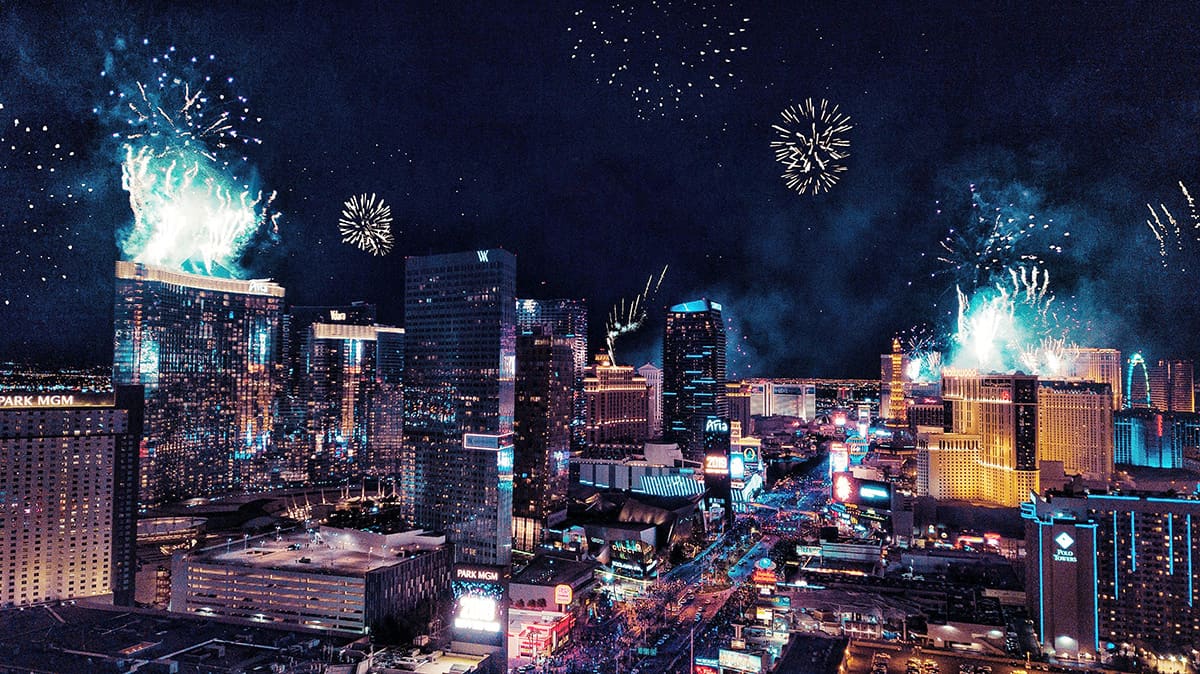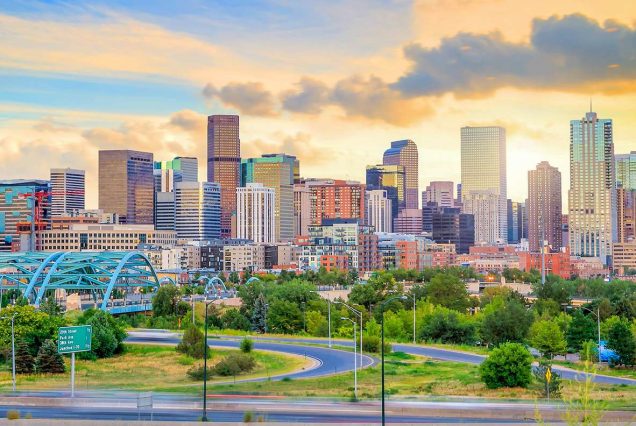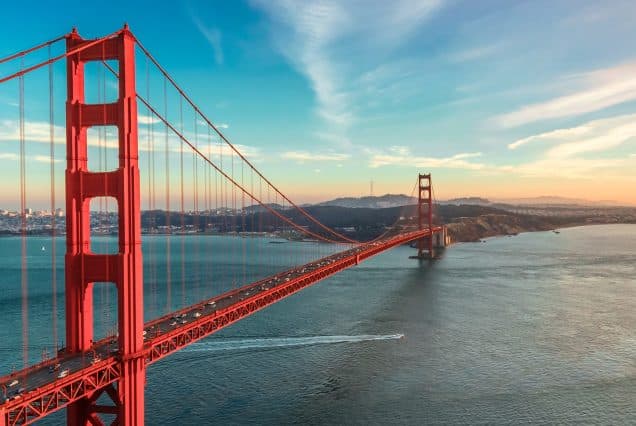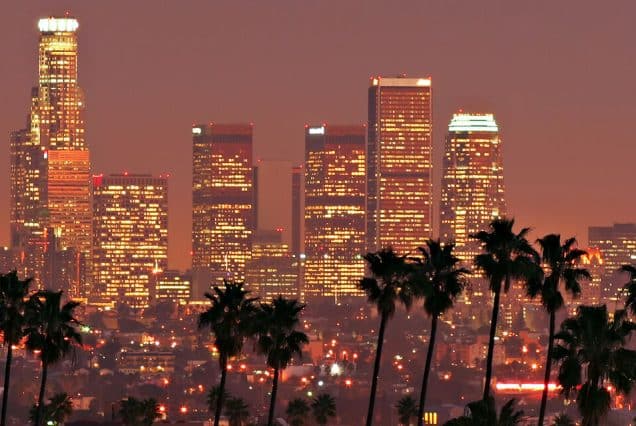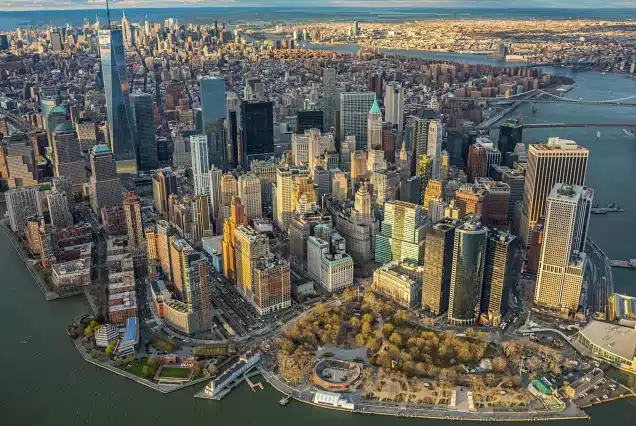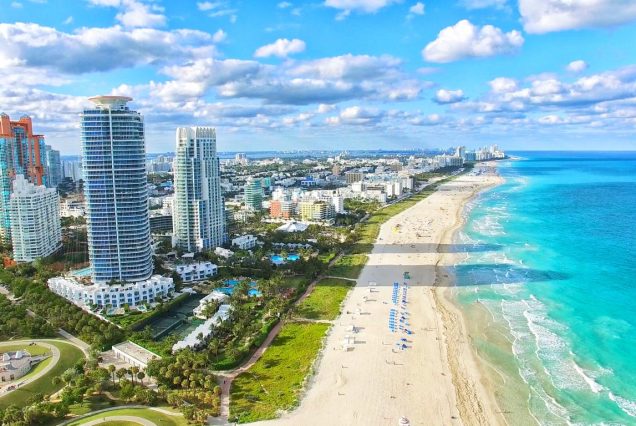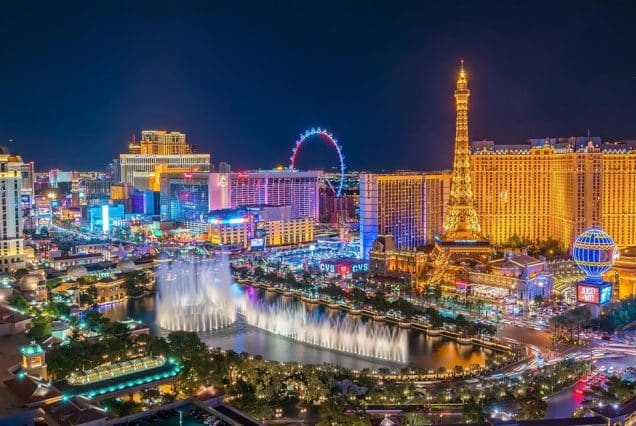

Discover United States
Sights
Map
Info
The United States is a vast and diverse country that offers a wide range of experiences for travelers. Known for its cultural melting pot, the U.S. is a land of varied landscapes, from bustling cities to serene natural parks. Whether you’re visiting iconic landmarks like the Statue of Liberty or exploring off-the-beaten-path destinations, the U.S. promises something for everyone. However, before traveling, it’s essential to be aware of the country’s entry requirements, transportation options, accommodation, and cultural norms.
Visa and Passport Requirements
Visa Requirement: Most travelers need a visa to enter the U.S., but citizens of certain countries can visit under the Visa Waiver Program (VWP) for up to 90 days.
Passport Validity: Your passport should be valid for at least six months beyond your planned stay, although some exceptions apply based on country agreements.
ESTA: Travelers from VWP countries must apply for an Electronic System for Travel Authorization (ESTA) before traveling.
Transportation
Public Transport: Major cities have extensive public transit systems, including buses, subways, and trains, which are convenient for getting around urban areas.
Car Rentals: Renting a car is popular for those exploring more rural or widespread regions, but be prepared for varying traffic laws and parking availability.
Domestic Flights: Given the country’s size, domestic flights are a common and efficient way to travel between distant cities.
Accommodation
Hotels: A wide range of hotels is available, from budget motels to luxury resorts, with prices varying based on location and season.
Vacation Rentals: Services like Airbnb offer apartments, homes, and unique stays, providing a more personalized experience.
Hostels: For budget travelers, hostels provide affordable lodging with the opportunity to meet other travelers.
Dining
Restaurants: The U.S. has a diverse culinary scene with options ranging from fast food to fine dining, influenced by the country’s various cultures.
Tipping: Tipping is customary in the U.S., with 15-20% being standard in restaurants for good service.
Specialty Food: Each region has its culinary specialties, such as New England clam chowder or Southern barbecue, offering a taste of local culture.
Cultural Considerations
Personal Space: Americans generally value personal space, so it’s important to respect boundaries in public and private interactions.
Punctuality: Being on time is considered respectful and is expected in business and social settings.
Tipping Etiquette: Beyond restaurants, tipping is also expected for services like taxis, hotel staff, and hairdressers.
Language
English Proficiency: English is the primary language, but in major cities, you’ll find many people who speak Spanish and other languages.
Signage: Most public signs are in English, though some may include translations in areas with large non-English-speaking populations.
Translation Apps: Using translation apps can help bridge communication gaps, especially in areas with less diversity.
Technology and Communication
Wi-Fi Access: Free Wi-Fi is widely available in cafes, hotels, and public spaces, making it easy to stay connected.
Mobile Connectivity: The U.S. has extensive mobile network coverage, but it’s advisable to check roaming charges or get a local SIM card.
Electrical Outlets: The U.S. uses 120V electrical outlets with Type A and B plugs, so an adapter may be needed for international travelers.
Shopping and Payment
Credit Cards: Credit cards are widely accepted, and it’s common to use them for even small purchases.
Sales Tax: Be aware that sales tax is added at the point of sale and varies by state, so the price you see may not be the final amount you pay.
Shopping Malls and Outlets: The U.S. is known for its extensive shopping malls and outlet stores, offering a wide range of products from luxury goods to budget items.

